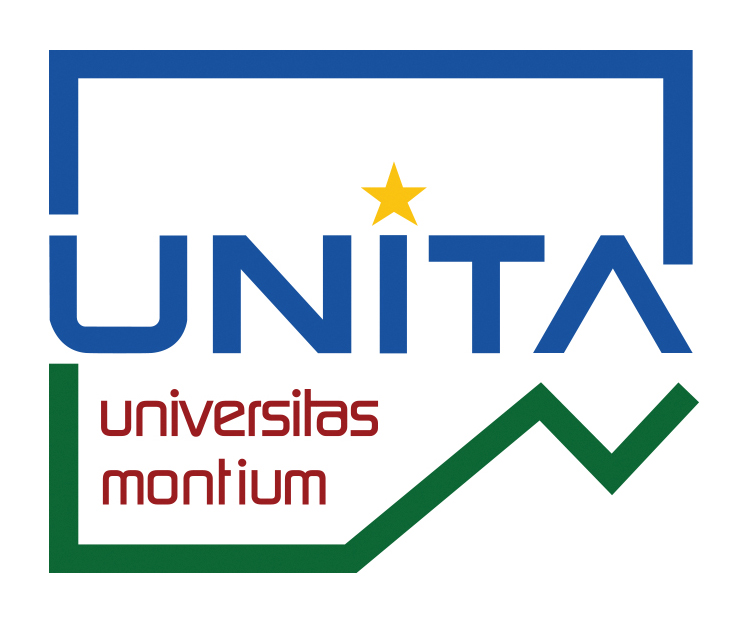Statistical modeling of heat and mass transfer in buildings.
Modélisation statistique des transferts thermo-aérauliques dans les bâtiments
Résumé
The building must adapt to face future climatic conditions, particularly more frequent, longer, and more intense heatwaves. To ensure the thermal comfort of occupants, natural cooling through window opening constitutes a bioclimatic solution that is carbon-free and energy-free. However, its potential to reduce the need for air conditioning depends on the value of the outdoor air change rate. A reliable estimation of this air change rate could promote the consideration of the benefits provided by natural cooling for new construction, for renovation, or for smart control of openings.The objective of this doctoral research is to develop an in-situ diagnostic method for the air change rate through window opening, in occupied buildings, based on non-intrusive instrumentation. To this end, we implement the tracer gas method, based on the metabolic CO2 production by the occupant. A statistical resolution approach, involving a Kalman filter, has been recently introduced in the literature.We investigate the potential and limitations of such a method through the execution of an experimental campaign in a test residential building. In parallel, we develop a building energy simulation model of the case study, providing a digital test bench for the development of statistical models. A new statistical model formulation is proposed and tested. Finally, once the diagnostics for different window configurations are completed, we calibrate a predictive model of the air change rate, proposing an original approach to account for the impact of wind direction.
Le bâtiment doit s'adapter pour faire face aux conditions climatiques futures, notamment des périodes caniculaires plus fréquentes, plus longues et plus intenses. Afin de garantir le confort thermique des occupants, le rafraichissement naturel par ouverture de fenêtre constitue une solution bioclimatique, gratuite en carbone et en énergie. Or, son potentiel de réduction du besoin de rafraîchissement par climatisation dépend de la valeur du taux de renouvellement en air extérieur. Une estimation fiable de ce taux de renouvellement d'air pourrait promouvoir la prise en compte du bénéfice apporté par le rafraîchissement naturel, lors de la conception neuve, de la rénovation, ou pour le pilotage intelligent d'ouvrants. L'objectif de ces travaux de thèse est de développer une méthode de diagnostic in situ du taux de renouvellement d'air par ouverture de fenêtre, en bâtiments occupés, et sur la base d'une instrumentation non intrusive. Pour cela, nous implémentons la méthode des gaz traceurs, basée sur la production de CO2 métabolique par l'occupant. Une approche de résolution statistique, impliquant un filtre de Kalman, a été récemment introduite dans la littérature. Nous étudions le potentiel et les limites d'une telle méthode, à travers la réalisation d'une campagne expérimentale dans un bâtiment résidentiel test. Nous développons, en parallèle, un modèle de simulation thermique dynamique du cas d'étude, fournissant un banc de test numérique pour le développement de modèles statistiques. Une nouvelle formulation de modèle statistique est proposée et testée. Enfin, une fois le diagnostic pour différentes configurations d'ouvrants réalisé, nous calibrons un modèle prédictif du taux de renouvellement d'air, en proposant une approche originale pour la prise en compte de l'impact de la direction du vent.
| Origine | Fichiers produits par l'(les) auteur(s) |
|---|

